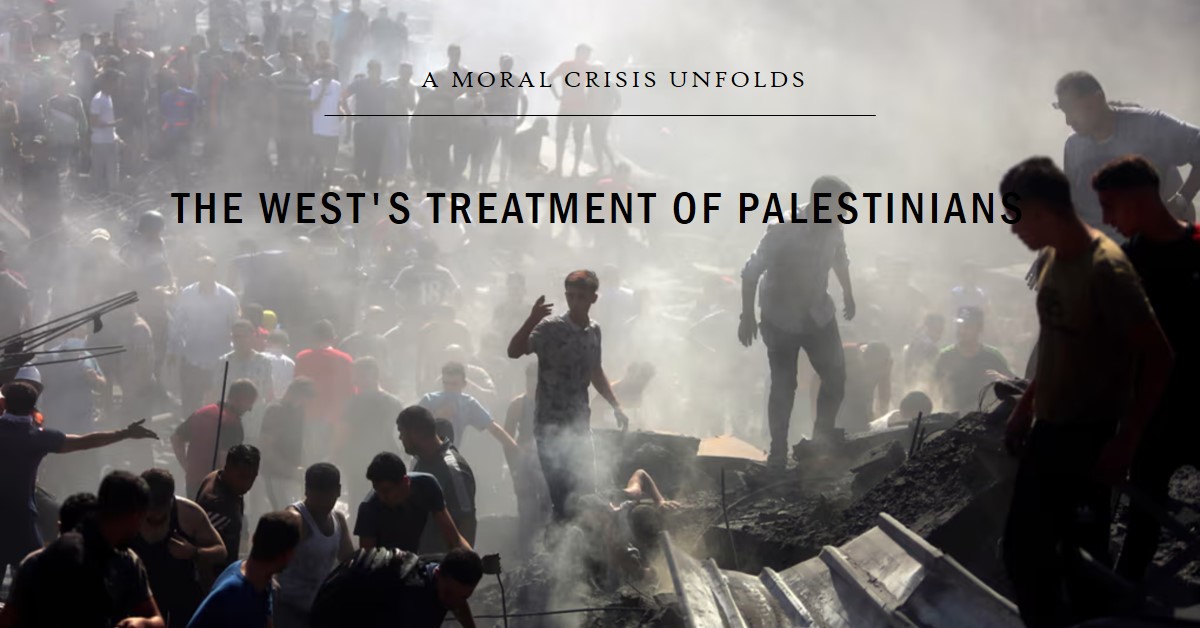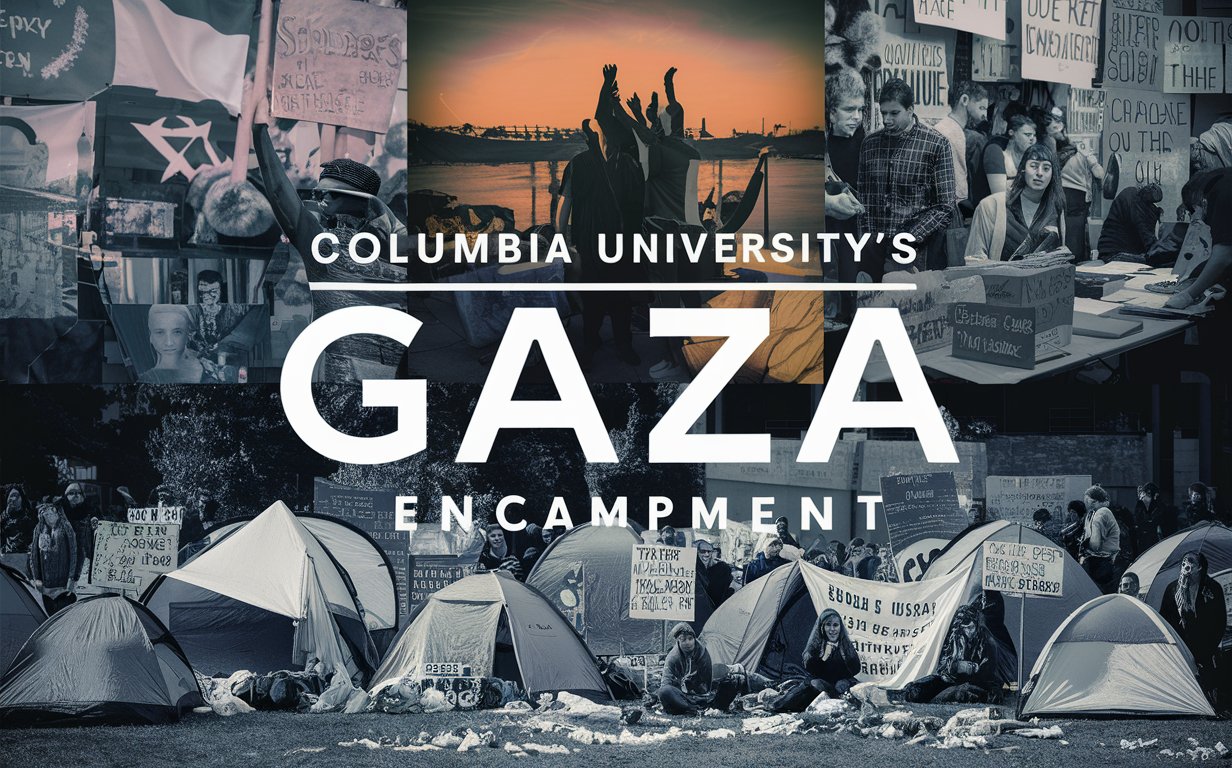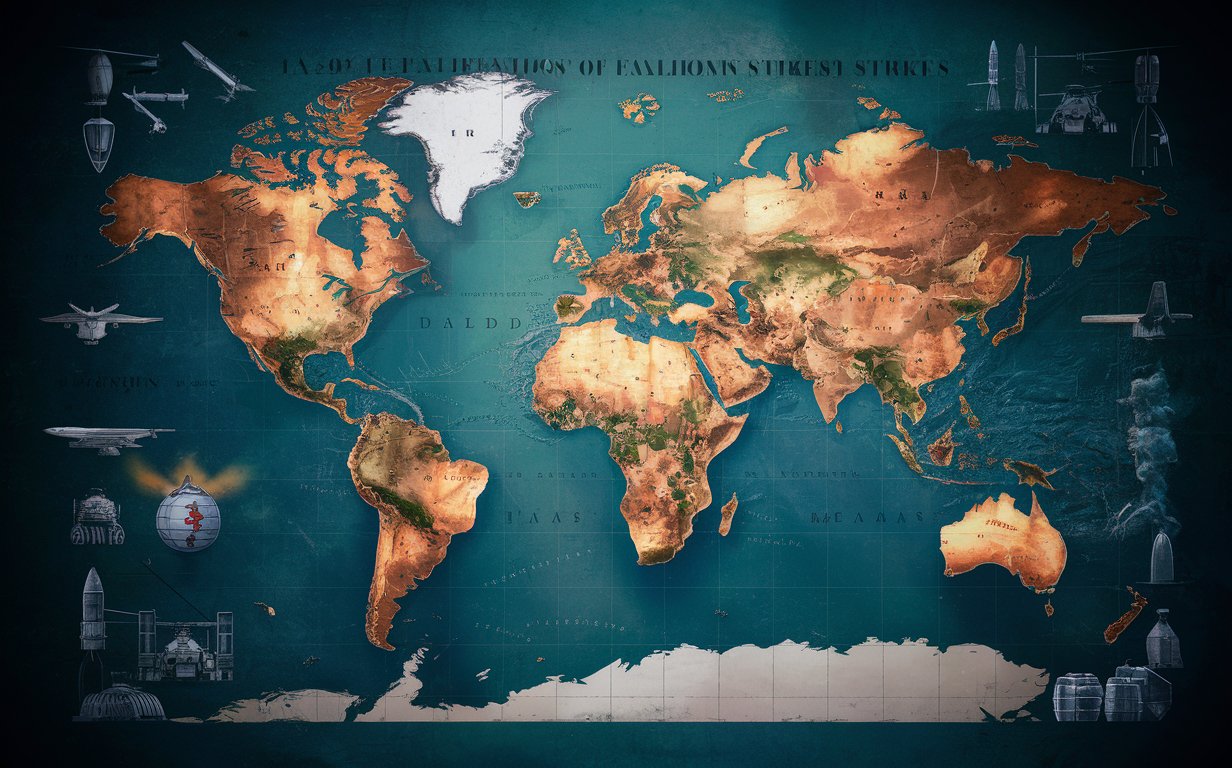Israel
The Unforgettable Disregard: A Moral Crisis in the West’s Treatment of Palestinians

Introduction: In the ongoing Israeli-Palestinian conflict, one stark truth remains clear – the West’s utter disregard for the lives of Palestinians. Politicians’ moral decline is now exposed for all to see, and our political and media elites are complicit in Gaza’s ongoing tragedy. As the smoke settles over the ruins of shattered lives, any moral authority that the West may have held has been irreversibly lost.
A Long History of Disregard: The roots of this crisis run deep, tracing back to decades of geopolitical manoeuvring and power plays. Western nations, particularly the United States, have consistently supported Israel, often turning a blind eye to the plight of Palestinians. The inhumane living conditions, restricted access to basic resources, and a constant threat of violence have become the harsh reality for those residing in Gaza.
The Human Toll: As we discuss geopolitical chess moves, it’s crucial to ground ourselves in the human cost of this conflict. The numbers speak volumes – thousands of lives lost, families torn apart, and children growing up amid the ruins of their homes. The West’s indifference to the suffering of Palestinians has not only cost lives but has also eroded the very essence of human dignity.
Politicians and Their Moral Bankruptcy: In the grand theater of international relations, politicians play the leading roles. However, the script they follow in the case of the Israeli-Palestinian conflict is marred by a severe moral bankruptcy. Whether driven by geopolitical interests or electoral considerations, the decisions made by politicians in the West have consistently demonstrated a shocking lack of empathy for the Palestinian people.
The Complicity of Media Elites: Media, often regarded as the fourth pillar of democracy, has played a dubious role in shaping public opinion on the Israeli-Palestinian conflict. The framing of narratives, the selective portrayal of events, and the disregard for Palestinian voices have created a distorted picture, further cementing the complicity of media elites in perpetuating Gaza’s nightmare.
The Dehumanization of Palestinians: To truly understand the gravity of the situation, one must acknowledge the systematic dehumanization of Palestinians. The West’s narrative has often reduced them to mere statistics, conveniently overlooking the individual stories of resilience, hope, and suffering. This dehumanization not only influences public perception but also emboldens policies that perpetuate the cycle of violence.
Irreversible Loss of Moral Authority: In the pursuit of geopolitical interests, the West has sacrificed its moral authority on the altar of realpolitik. The once-cherished values of justice, compassion, and human rights have been abandoned in favor of strategic alliances and alliances with oppressive regimes. The consequences of this abandonment reverberate not only in the Middle East but also in the hearts and minds of those who still believe in the principles the West claims to uphold.
The Urgency for Change: As we reflect on the disheartening state of affairs, there is an urgent need for introspection and change. The West must reassess its priorities, reevaluate its alliances, and acknowledge the humanity of the Palestinian people. Political leaders must rise above the narrow confines of short-term gains and consider the long-lasting impact of their decisions on the lives of those caught in the crossfire.
Conclusion: The West’s complete contempt for the lives of Palestinians is a stain on the conscience of humanity. The moral degradation of politicians and the complicity of media elites have contributed to the perpetuation of Gaza’s nightmare. In this era of interconnectedness and shared global responsibility, the world can no longer turn a blind eye to the suffering of the Palestinian people. The loss of moral authority is not just a consequence for the West; it is a collective failure of humanity. The time for change is now, and the world is watching – history will judge us by our actions, or lack thereof.
Analysis
Columbia’s Gaza Encampment: A Flashpoint in US-Israel Relations and a Growing Movement on Campuses

Introduction
The Ivy League campus of Columbia University has become the centre of a heated stand-off between student activists and the administration over a “Gaza encampment” protest, raising questions about the limits of free speech and the role of universities in shaping political discourse. This article will delve into the background of the controversy, its implications for US-Israel relations, and the broader trend of anti-Israel activism on college campuses.
Background
In early April 2024, a group of Columbia students set up a makeshift encampment on the university’s main quad to raise awareness about the humanitarian crisis in the Gaza Strip and to protest Israel’s policies towards the Palestinian population. The encampment, which was inspired by similar actions at universities in the United Kingdom and Europe, featured anti-Israel slogans and posters, as well as tents and other structures to symbolize the living conditions of Palestinians in Gaza.

The university administration, citing safety concerns and the disruption of campus activities, ordered the students to dismantle the encampment and to refrain from further demonstrations. However, the students refused to comply, arguing that their right to free speech and peaceful assembly was being violated. The stand-off quickly escalated, with both sides digging in their heels and the media descending on the campus to cover the unfolding drama.
Implications for US-Israel Relations
The Gaza encampment at Columbia has raised concerns about the potential impact of the protest on US-Israel relations, which have been strained in recent years over issues such as the Israeli settlements in the West Bank, the status of Jerusalem, and the peace process. The US government, which has traditionally been a strong ally of Israel, has been closely watching the situation at Columbia, with some officials expressing concern about the anti-Israel sentiment on US campuses and its potential to influence public opinion and policy.
At the same time, the protest has also sparked a debate about the limits of free speech and the role of universities in shaping political discourse. While the university administration has the right to maintain order and ensure the safety of its students, critics argue that it should also respect the right to dissent and foster an environment where diverse viewpoints can be expressed and debated.
A Growing Movement on Campuses
The Gaza encampment at Columbia is not an isolated incident, but part of a broader trend of anti-Israel activism on US campuses. In recent years, student groups such as Students for Justice in Palestine (SJP) and Jewish Voice for Peace (JVP) have been organizing events, rallies, and campaigns to raise awareness about the Palestinian cause and to pressure universities and governments to take action.
These efforts have been met with a backlash from pro-Israel groups and individuals, who argue that the anti-Israel activism is one-sided, biased, and harmful to the Jewish community. The debate has often been polarizing and emotional, with both sides accusing each other of intolerance, censorship, and discrimination.
The Role of Universities
The role of universities in this debate is complex and multifaceted. On the one hand, universities have a responsibility to uphold the principles of free speech and academic freedom, which are essential to the pursuit of knowledge and the advancement of society. On the other hand, universities also must ensure the safety and well-being of their students, faculty, and staff, and maintain a campus environment that is conducive to learning and research.
In the case of the Gaza encampment at Columbia, the university administration has tried to strike a balance between these competing interests, by allowing the students to express their views, but also by setting limits on the time, place, and manner of the protest. This approach has been criticized by both sides, with some arguing that it is too restrictive, while others contend that it is too permissive.
Conclusion
The Gaza encampment at Columbia is a microcosm of a larger debate about the limits of free speech, the role of universities, and the future of US-Israel relations. While the stand-off at Columbia may be resolved shortly, the underlying issues will continue to be debated and contested in the months and years to come.
As the debate continues, it is important to remember that the issues at stake are complex and multifaceted and that there are no easy answers or quick fixes. However, by engaging in open and respectful dialogue, by listening to different perspectives, and by seeking common ground, we can work towards a more just and peaceful world, where all voices are heard and valued.
Analysis
The Middle Eastern Powder Keg: Why Ignoring Public Anger in the Arab World is a Dangerous Mistake for America and Middle Eastern Regimes

Introduction
The Middle East is currently experiencing a wave of protests and mass demonstrations in solidarity with Palestinians, following the recent attack on Israel by Hamas. Egyptians, Iraqis, Moroccans, Tunisians, and Yemenis have taken to the streets in vast numbers, and Jordanians have even marched on the Israeli embassy. While some may dismiss these protests as manageable and insignificant, this view reflects a fundamental misunderstanding of the importance of public opinion in the Middle East and a deep misreading of what has truly changed since the 2011 uprisings.

The Myth of the “Arab Street”
The term “Arab street” is often used by policymakers to reduce the complexities of regional public opinion to the rantings of an irrational, hostile, and emotional mob. This term has deep roots in British and French colonial rule and was adopted by the United States during the Cold War. However, this perception rests on a basic misunderstanding of Arab politics and continues to drive U.S. Middle East policy, as well as many policy analyses of the region.
In reality, Arab public opinion is shaped by a complex set of factors, including historical grievances, cultural values, and political ideologies. While it may be easier to dismiss Arab support for the Palestinian territories as rooted in atavistic anti-Semitism or to wave away public fury at U.S. policies as cynically drummed up by politicians, this approach fails to address the reasons for Arabs’ anger and to find ways to address their concerns.
The Arab Uprisings of 2011 and their Aftermath
The Arab uprisings of 2011 marked a turning point in the region’s political landscape. While the uprisings were initially driven by economic and political grievances, they quickly became intertwined with the issue of Palestine and the Arab-Israeli conflict. The protests that followed the October 7 attack on Israel are a testament to the enduring importance of this issue in the region.
However, the aftermath of the uprisings has also shown that the region’s autocratic leaders are not immune to public pressure. Despite their record of ignoring their people’s preferences, the protests that followed the October 7 attack on Israel have forced some leaders to take a more assertive stance against Israel. This shift reflects a growing awareness among Middle Eastern leaders that they can no longer afford to ignore public opinion on this issue.
The Role of the United States
The United States has long been a major player in the Middle East, and its policies have a significant impact on the region’s political landscape. However, the U.S. has a long history of disregarding public opinion in the Middle East, preferring to deal with pragmatic autocrats rather than engage with publics it regards as irrational, extremist mobs.
This approach has contributed to the U.S.’s dismal record of policy failures in the region. By dismissing popular concerns, the U.S. has failed to address the root causes of the region’s instability and has instead contributed to the rise of extremist groups and the erosion of trust in the U.S. among the Arab public.
Conclusion
The protests that followed the October 7 attack on Israel are a reminder that public opinion matters in the Middle East. Ignoring this fact is a dangerous mistake that could have serious consequences for both Middle Eastern regimes and the United States.
To avoid this mistake, the U.S. and Middle Eastern regimes must take Arab public opinion seriously and engage with it in a meaningful way. This means acknowledging the region’s historical grievances, cultural values, and political ideologies and finding ways to address the concerns of the Arab public.
By doing so, the U.S. and Middle Eastern regimes can help to build a more stable and secure region, where the concerns of the Arab public are taken seriously and addressed in a meaningful way. This is not only in the best interests of the Arab public, but also in the best interests of the U.S. and Middle Eastern regimes themselves.
Analysis
Israel’s Retaliatory Strikes Against Iran: A Deep Dive into the Implications and Potential Escalation of Conflict in the Region

Introduction
In the past few days, Israel has launched retaliatory strikes against Iran, raising concerns about the potential escalation of conflict in the region and its implications for global peace. The attacks, which were in response to Iran’s continued support for terrorist groups and its nuclear program, have been met with condemnation from the international community. The question on everyone’s mind is whether this is the beginning of World War III, as some have predicted. In this article, we will take a closer look at the situation, examining the implications and repercussions of the conflict in the region.
Background
The conflict between Israel and Iran has been ongoing for decades, with tensions escalating in recent years due to Iran’s nuclear program and its support for terrorist groups such as Hezbollah and Hamas. Israel has long been concerned about the potential for Iran to develop nuclear weapons, and has taken a hardline stance against the country’s nuclear program. The United States has also expressed concerns about Iran’s nuclear program, and has imposed economic sanctions on the country in an effort to curb its nuclear ambitions.
Retaliatory Strikes
In response to Iran’s continued support for terrorist groups and its nuclear program, Israel has launched several retaliatory strikes against Iranian targets in recent days. The attacks, which were carried out using advanced military technology, targeted Iranian military bases, missile factories, and other strategic assets. The Israeli government has stated that the attacks were necessary to protect the country’s security and to deter Iran from further aggression.
Implications and Repercussions
The retaliatory strikes by Israel against Iran have significant implications and repercussions for the region and the world. The conflict has the potential to escalate, drawing in other countries and leading to a wider regional war. The United States has expressed support for Israel’s right to defend itself, but has also called for restraint and a peaceful resolution to the conflict.
The conflict between Israel and Iran also has implications for the global economy. The Middle East is a major source of oil and gas, and any disruption to the region’s stability could lead to a spike in energy prices. The conflict could also have a negative impact on global trade and investment, as businesses and investors become increasingly wary of the region’s instability.
The conflict between Israel and Iran also has implications for global security. The region is already home to several ongoing conflicts, including the civil war in Syria and the ongoing tensions between Saudi Arabia and Iran. The conflict between Israel and Iran has the potential to further destabilize the region and to draw in other countries.
Expert Opinions
Experts have expressed a range of opinions on the conflict between Israel and Iran. Some have expressed concern about the potential for the conflict to escalate, while others have downplayed the risk of a wider regional war.
According to Dr. John Allen, a former U.S. Marine Corps general and the former special presidential envoy for the Global Coalition to Defeat ISIS, “The conflict between Israel and Iran has the potential to escalate, but it is not inevitable. The international community must work together to find a peaceful resolution to the conflict and to address the underlying issues that have led to the current tensions.”
Dr. Kori Schake, a senior fellow and the director of the International Security Program at the American Enterprise Institute, has expressed a more optimistic view. She states, “The conflict between Israel and Iran is a complex issue, but it is not the beginning of World War III. The international community has the tools and the resources to address the conflict and to prevent it from escalating into a wider regional war.”
Conclusion
The retaliatory strikes by Israel against Iran are a significant development in the ongoing conflict between the two countries. The conflict has the potential to escalate, with significant implications for the region and the world. The international community must work together to find a peaceful resolution to the conflict and to address the underlying issues that have led to the current tensions.
In conclusion, the conflict between Israel and Iran is a complex and multifaceted issue, with significant implications for the region and the world. The retaliatory strikes by Israel against Iran are a reminder of the ongoing tensions between the two countries and the potential for the conflict to escalate. The international community must work together to find a peaceful resolution to the conflict and to prevent it from escalating into a wider regional war.
-

 Featured3 years ago
Featured3 years agoThe Right-Wing Politics in United States & The Capitol Hill Mayhem
-

 Elections 20242 months ago
Elections 20242 months agoAnalyzing Trump’s Super Tuesday Triumph and Nikki Haley’s Strategic Moves
-

 News2 years ago
News2 years agoPrioritizing health & education most effective way to improve socio-economic status: President
-

 China3 years ago
China3 years agoCoronavirus Pandemic and Global Response
-

 Canada3 years ago
Canada3 years agoSocio-Economic Implications of Canadian Border Closure With U.S
-

 Conflict3 years ago
Conflict3 years agoKashmir Lockdown, UNGA & Thereafter
-

 Democracy3 years ago
Democracy3 years agoMissing You! SPSC
-

 Democracy3 years ago
Democracy3 years agoPresident Dr Arif Alvi Confers Civil Awards on Independence Day

























